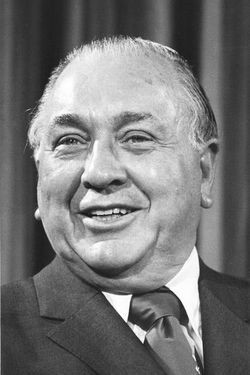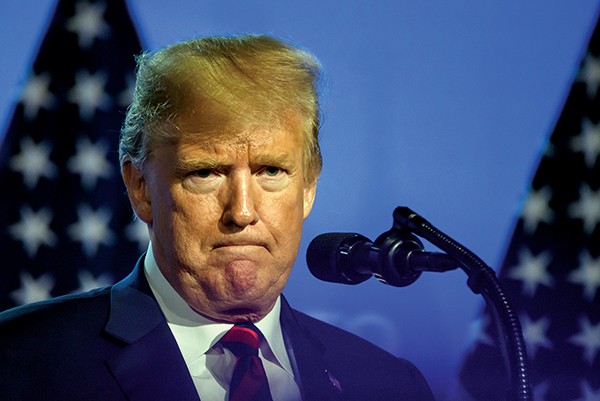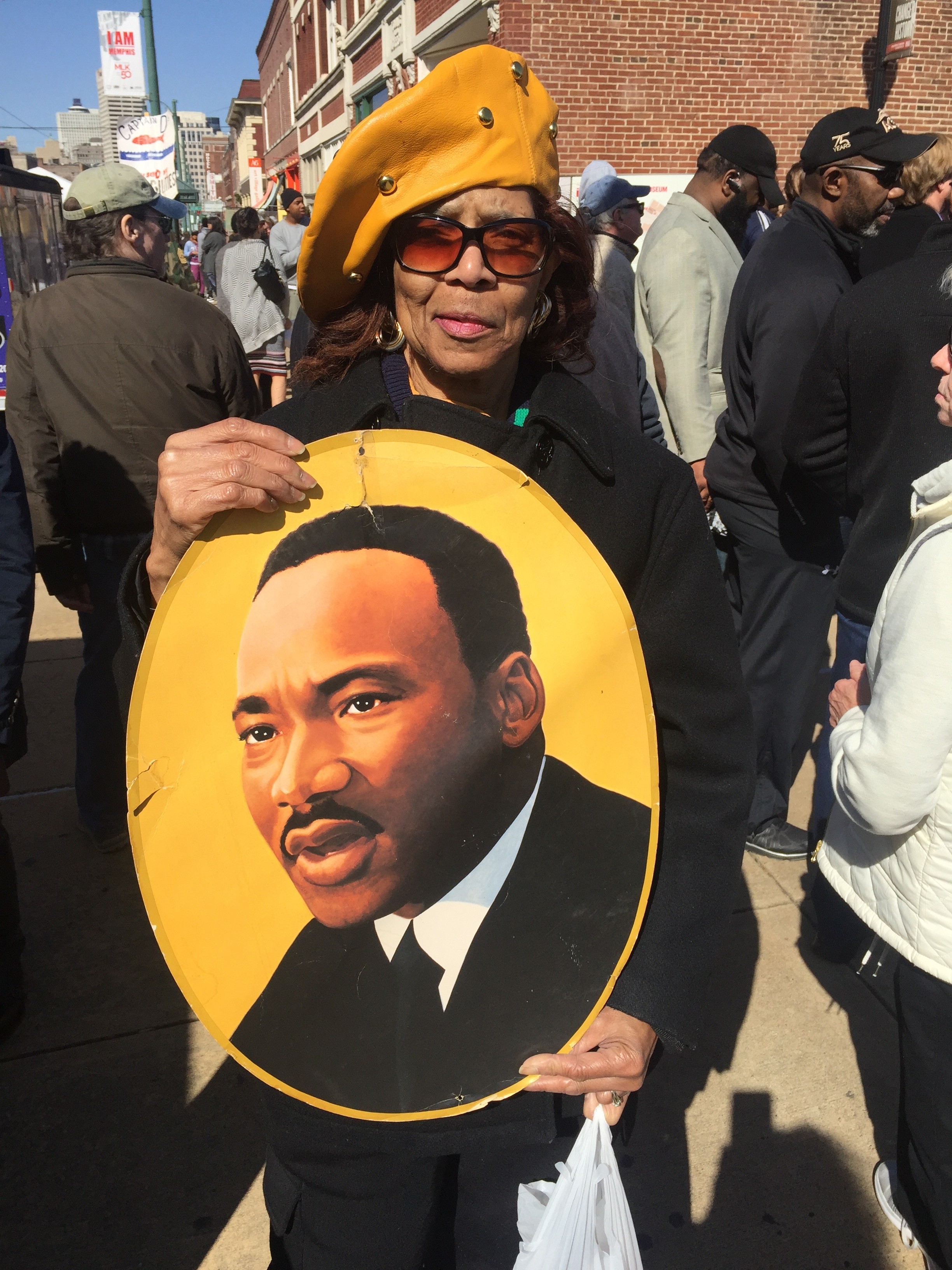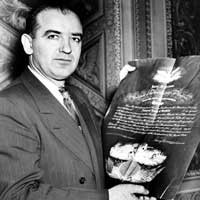
Richard Cohen
I’ve been lucky.
In February 1968, I came down to Washington from the Columbia University Gaduate School of Journalism to do some research, stopped up at The Washington Post, and walked out with a job. A week later, for reasons I never understood, I got a raise. After graduating in June, I started work, and now, 51 years later, I am about to stop. This is my final column. I think I’ve earned that raise.
In 1976, eight years after I started, I was offered a local column. Ben Bradlee, the executive editor, made the offer at a lunch I had requested so I could tell him I was quitting. A rival news organization had offered to make me its White House correspondent. But before I could resign, Bradlee upset my plans. I never got around to quitting and never told Bradlee I had intended to.
I was lucky.
Bradlee asked me to show him five sample columns. Instead, knowing I need the juice of a deadline, I wrote one the next day and gave it to the city editor. “I’m the new local columnist,” I brazenly told him. “Check with Bradlee.” He never did.
The next day, my column was in the paper.
I was lucky.
Back then, I wrote three columns a week — an exhausting but exhilarating schedule. Little by little, I broadened my scope until, in Bradlee’s telling, he picked up the paper one day and discovered that I was in Beirut. By fiat, he moved me from the Metro page to the A Section and, later, at the insistence of the publisher, to the op-ed page. I wrote what I wanted from where I wanted, and not once did the publishers ever tell me what to write or what not to write. On occasion, though, Katharine Graham offered some constructive criticism. Once, at a formal lunch for the new Russian ambassador, she strode purposely across the dining room to tell me that my column that morning “was a real piece of s—-.”
“Don’t hold back, Katharine,” I responded. “Tell me what you really think.”
She laughed.
There were no better bosses than the Grahams — and, more recently, Jeff Bezos. I roamed the world on their dime. Flying into Cairo for the first time, I looked out the window. A sandstorm obscured the pyramids, but I envisioned them anyway and could not get over the fact that I was being paid to see them. What fools the Grahams were. I would have done it for nothing.
Back in 2017, I helped produce a documentary for HBO on the life of Ben Bradlee. HBO called it The Newspaperman, and I thought, how wonderful, how apt. That was Bradlee and, with the same permission he gave me to write a column, I take that appellation for myself as well. It is, I think, the highest of callings, and I never wanted to be anything else. You go to work and someone pins an imaginary badge on you and deputizes you to go forth and discover life, ask questions, turn over rocks, and, in the case of a column, think so hard it’s physically draining.
I had grown up reading the once-liberal New York Post. It was a brave, scrappy paper with great, iconoclastic writers, particularly its columnists. I gorged on Murray Kempton, Jimmy Cannon, and Pete Hamill. I read them all, envied them all, and wanted to be like them. Later, I became a copyboy for the New York Herald Tribune and noticed that reporters were required to read the paper. They got paid for it. Amazing. Professional ballplayers must feel the same way. Imagine getting paid to play a game!
That first day at the Post, I was assigned a desk next to Carl Bernstein. We became fast friends and so, like a barnacle on a ship, I attached myself to him and Bob Woodward, going through Watergate with them. Earlier, I watched in awe and pride as the Post risked all sorts of legal and financial penalties to publish the Pentagon Papers after The New York Times had been enjoined from doing so. This was one great newspaper that I had just walked into. Again, what luck!
Now, it is over. I have written books and screenplays and will continue to do so. My girlfriend and I are going to Paris for a month, and we’re getting a dog. I will have time to walk it now. I will miss newspapering, but I know I had the best it ever had to offer.
I was very lucky indeed.
This is Richard Cohen’s last column for the Washington Post Writers Group.


 JB
JB 
 Gints Ivuskans | Dreamstime.com
Gints Ivuskans | Dreamstime.com  Michael Donahue
Michael Donahue 
